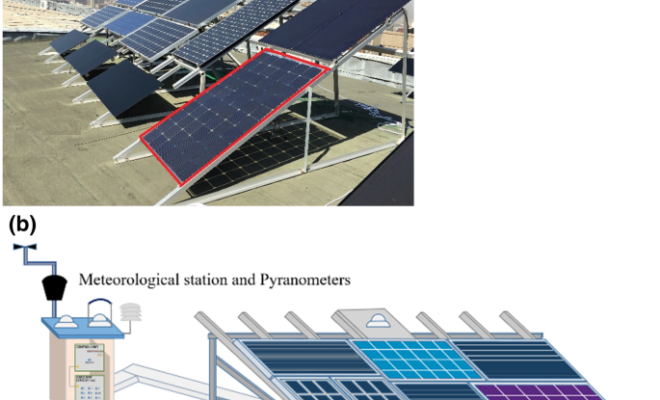Top 7 Smart Contract Platforms to Consider

Introduction
Smart contract platforms are rapidly gaining popularity due to their ability to offer decentralized applications (DApps) with unprecedented security, transparency, and automation. They allow developers to create and deploy various applications without relying on a central authority. There’s a wide range of smart contract platforms to choose from, but we have narrowed it down to the top 7 you should consider.
1. Ethereum
Ethereum is the pioneer of smart contract platforms and remains the most popular choice thanks to its robust infrastructure and large developer community. It offers a Turing-complete programming language called Solidity, which has become the standard for writing smart contracts. Ethereum’s main challenge lies in its scalability problems, which the platform is addressing with its upcoming Ethereum 2.0 upgrade.
2. Cardano
Launched in September 2020, Cardano is a decentralized platform that emphasizes sustainable ecosystem growth and scientific rigor. Its unique approach involves using peer-reviewed academic research to inform development decisions. Cardano relies on the Haskell programming language for its smart contracts and aims to offer unmatched security and scalability compared to existing platforms.
3. Polkadot
Polkadot is an innovative blockchain platform focused on interoperability, allowing multiple blockchains to work seamlessly together within a single ecosystem. Designed by Ethereum co-founder Gavin Wood, Polkadot uses Substrate framework for building custom blockchains that can interact with one another. By supporting cross-chain communication, Polkadot aims to make it easy for developers to launch new applications without being locked into any single blockchain network.
4. Binance Smart Chain (BSC)
Binance Smart Chain is a parallel blockchain developed by the world’s largest cryptocurrency exchange, Binance. Launched in September 2020, BSC enables smart contracts and is compatible with Ethereum Virtual Machine (EVM). With faster transaction times and lower fees compared to Ethereum, BSC has attracted several DeFi projects, including popular decentralized applications like PancakeSwap and Venus.
5. Solana
Solana is a high-performance blockchain platform that can handle thousands of transactions per second, thanks to its unique Proof of History consensus algorithm. It enables developers to write smart contracts in Rust, a powerful and secure programming language. The platform is designed for fast and scalable applications such as decentralized finance (DeFi), gaming, and other real-world use cases that require high throughput.
6. Avalanche
Avalanche is a novel blockchain platform that focuses on speed, security, and simplicity to ensure seamless deployment of smart contracts. Developed by Cornell University Professor Emin Gün Sirer, Avalanche supports Ethereum-based and custom-built virtual machines. The platform boasts a sub-second finality time for transactions and offers advanced features like governance through token-holder vote.
7. Tezos
Tezos is a self-amending blockchain platform that can evolve seamlessly without the need for hard forks. It allows developers to create smart contracts using Michelson – a domain-specific language designed for high-level security. Tezos utilizes on-chain governance to manage protocol upgrades smoothly, aligning stakeholders’ interests and minimizing network disruptions.
Conclusion
These top 7 smart contract platforms offer unique benefits, making each one worthy of consideration for different types of projects. Before deciding on the right platform for your application, consider factors like programming languages, scalability, security, adoption rate, community support, and long-term viability. Ultimately, the best choice will depend on your specific requirements and how well a given platform aligns with your goals.




